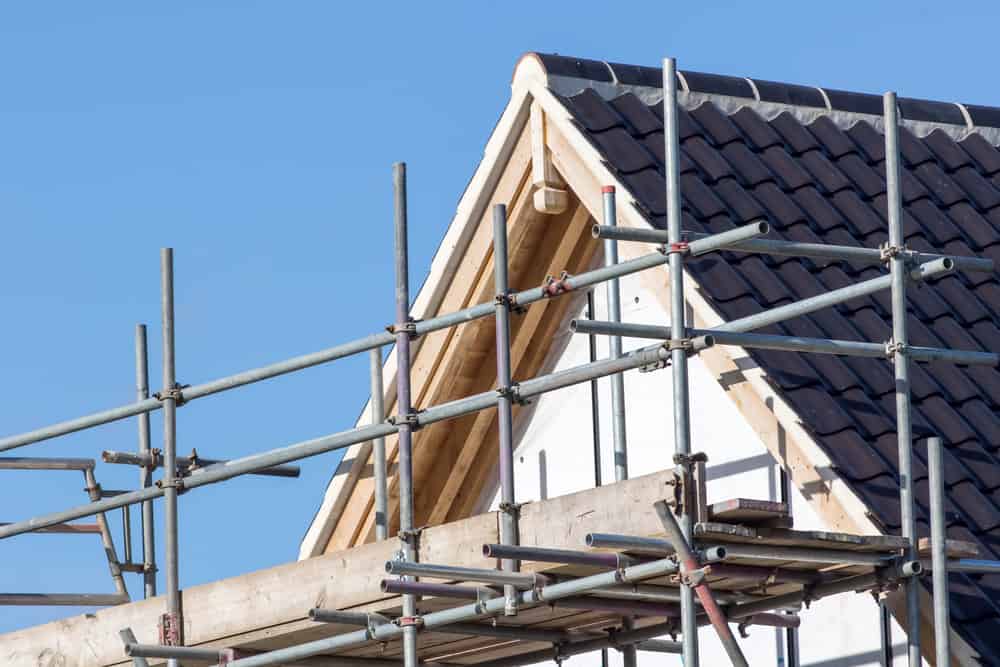
Half (51%) said they found minor issues such as blocked guttering, poorly fitted doors, and poor paintwork.
For 10% the issues were more serious, such as a leaking roof, inadequate brickwork pointing, and damaged roof trusses.
When asked who was then responsible, 63% said they had to pay for fixes themselves, 28% said the developer paid, and 9% stated the problems they discovered still had not been rectified.
A third (34%) said that, in hindsight, they would have bought a less expensive home if it was guaranteed to be finished to the expected standards.
Meanwhile, 27% said they would have bought in a completely different area if it meant the home was finished to the expected standards, while 17% said they would have bought a smaller home if it meant the standards would be higher.
James Forrester, managing director of StripeHomes, said: “Snags, be they major or minor, can be time-consuming, frustrating and expensive to remedy.
“Even something simple like repainting rooms to a more satisfactory standard can end up costing hundreds of pounds.
“Housebuilders have been handed a vital job over the coming years and the job of providing enough homes is one you would hope they take immense pride in doing.
“But if 61% of homes are going to market with snags, major or minor, there is something seriously wrong with the quality control process.
“This is unfortunately the reality of many big housebuilders placing an emphasis on the cost and time of delivering new homes, rather than placing quality and the consumer at the forefront of their operations.
“There are a number of smaller enterprises across the nation doing their best to turn this tide, focussing on the quality of the finished product, the benefit brought to the surrounding area and the overall impact of what they deliver, not just the size of their profit margin.
“However, until more is done to give new-build homebuyers more power to fight against below-par output from the industry’s big names, snagging will continue to be a widespread issue across the industry.”



